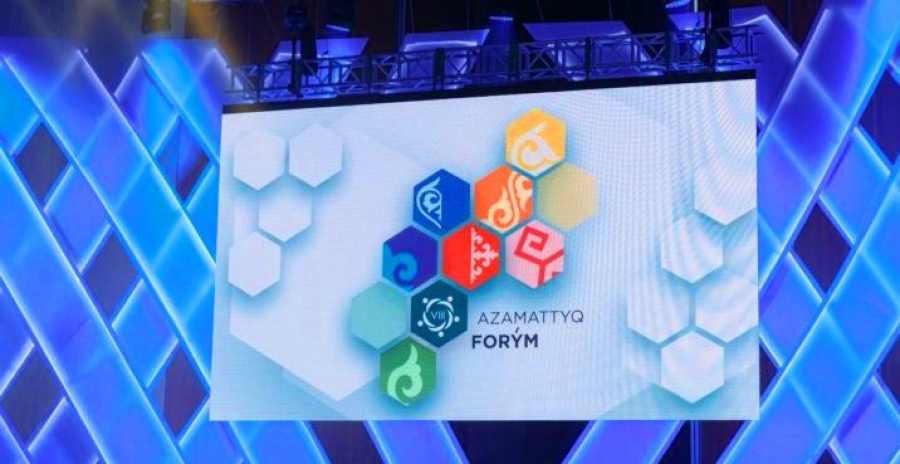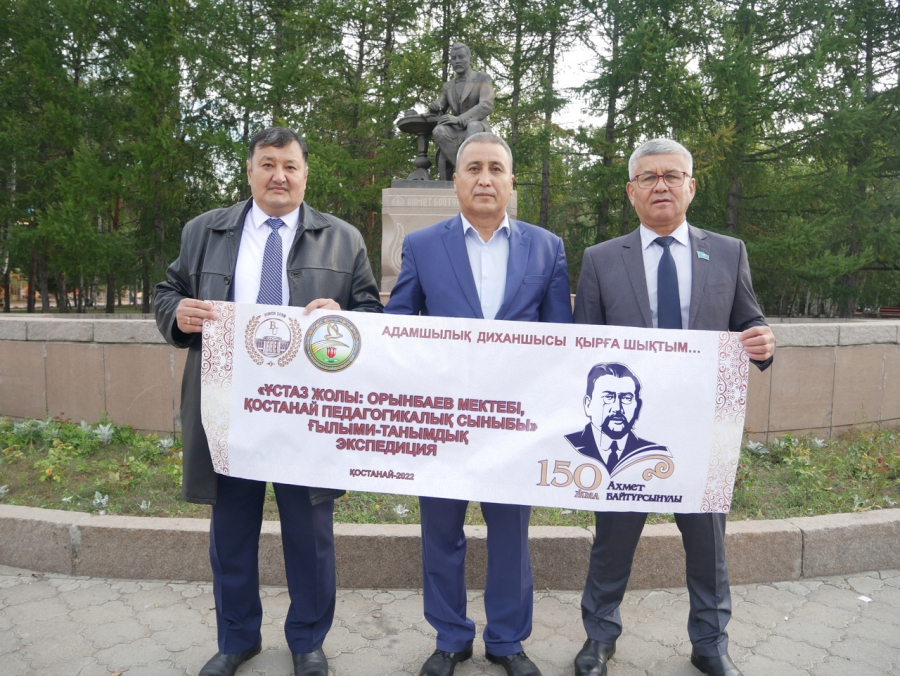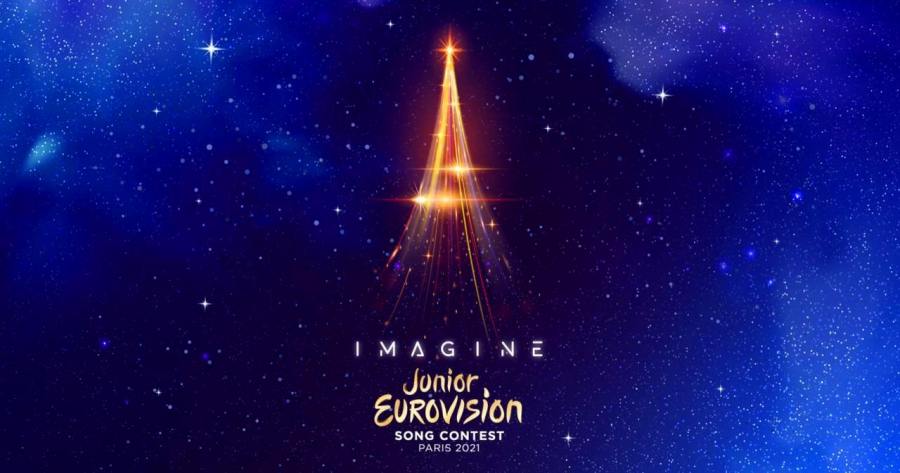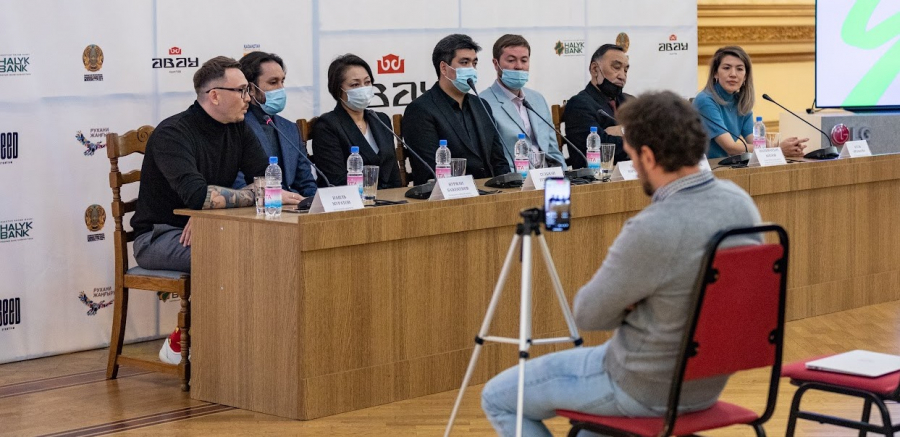Kazakhstan to legislatively recognize electronic and paper documents’ functional equivalency

Kazakhstan will legislate the equivalence of digital documents to paper counterparts. Today, members of the Mazhilis, the Lower House of Kazakh Parliament, approved in first reading amendments to the bill on stimulating innovation, developing digitalization and information security. It was presented to them by the head of the relevant ministry Bagdat Mussin. He said that in addition to the main documents, birth, marriage and divorce certificates will also be converted into electronic format. Thus, Kazakh residents will be able to print or present an electronic version of the certificate via a QR code. In case of loss of the document, there will be no need to apply for a duplicate. At the same time, photographs of documents won’t have any force, Mussin added.
“A digital document is such a document that has a verification mechanism. For example, if you go to eGov mobile or other popular applications, there is an opportunity to open a digital document and click “share” or “verify.” When clicking on the “verify” button, a QR code will popsup. I mean, for a citizen who wants to make sure that a certain digital document is not fake it is enough to have a downloaded free mobile application and scan a QR code there. That is, no additional procedures or mechanisms are needed,” Mussin said.
The bill also provides for the digital transformation of the entire state administration. In general, digital services should be available to all Kazakh citizens, regardless of their place of residence, Mussin noted. Thus, the bill provides for the creation of digital access points to public services in rural areas. It is expected that they will be established on the basis of 2,000 rural offices of the national postal operator. With their help, the villagers will be able to receive services and send electronic appeals to the state bodies.
Translation by Assem Zhanmukhanova
Editing by Galiya Khassenkhanova









